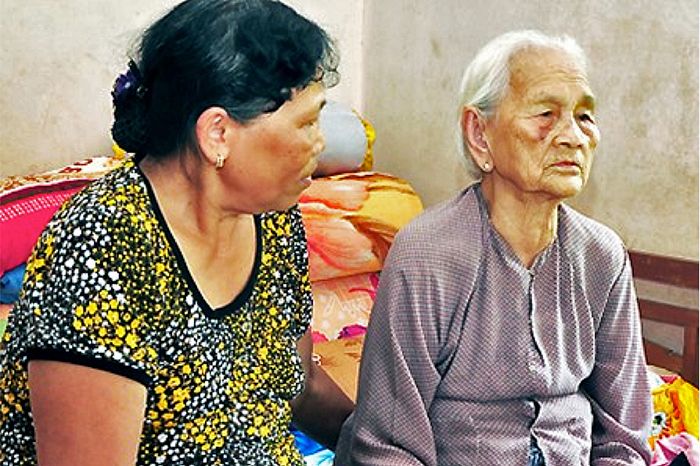The top three ready-to-drink (RTD) tea makers stand firm in the Vietnamese market, despite health concerns raised by the World Health Organization (WHO) and others.
According to VnExpress, the three beverage companies, including locally-owned Tan Hiep Phat, Philippines-based Universal Robina Corporation (URC) and American-Japanese joint venture Suntory PepsiCo, continue their dominance over the instant tea market.
Tan Hiep Phat is famous for their addictive sugary tea drinks, such as Dr. Thanh and Tra Xanh 0 Do, accounting for 1.7% and 9.2% of the Vietnamese RTD market, the news source shares. As recently as 2012, the company controlled more than half of the market, with a 55% share. However, its popularity plummeted thanks to the notorious fly-in-the-drink incident, after which its market share fell below 40%. However, Tan Hiep Phat survived the controversy in relatively good shape, and has maintained profits, hitting VND1.84 trillion (US$80 million) in 2017.
Suntory PepsiCo Vietnam Beverage Company, a joint venture between US PepsiCo Inc. and Japan’s Suntory Holdings Limited, is second in the race for Vietnam's RTD market share, with 15.8% by the end of the third quarter, 2016. Although it only entered the market in 2013, the company has been a game changer thanks to its Tra Oolong Tea Plus product.
However, Suntory faced public outrage, when it was discovered that the tea was made using Chinese ingredients while the company's ads portrayed the drink as Japanese. Ironically enough, the magical compound "OTPP" (Oolong Tea Polyphenols) in the drink was also debunked to be nonexistent and was found to have no effect on human health.
URC, the Philippines-based company which entered Vietnam in 2003, has the third-largest RTD market share. Known for its fruit-flavored drink C2, the company made up nearly 40% of the market up until mid-2016 when its products were found to be contaminated with lead, shrinking the company's share to only 15%. Nonetheless, these three companies remain hugely powerful when it comes to fighting Vietnam's effort to reduce the consumption of sugary drinks.
However, the real problem lies with consumers. Vietnamese currently consume an average of 46.5 grams of sugar per day, "just shy of the maximum level of 50 grams a day, and two times higher than the dosage recommended by WHO,” warned Truong Tuyet Mai, deputy director of the National Institute of Nutrition, reports Tuoi Tre.
Dr. Juliawat Untoro, a WHO nutrition expert based in Vietnam, also addressed the possibility of Vietnamese children dying before their parents due to obesity, which is linked to other health risks, such as diabetes and cardiovascular diseases.
Vietnam News shares that Truong Dinh Bac, deputy head of the General Department of Preventative Medicine at Vietnam's Ministry of Health, strongly believes that soft drinks are a primary culprit behind these health problems.
The government is actively working to reduce the consumption of sugary drinks. The Ministry of Finance, for example, has proposed a 10% special consumption tax on sugary drinks, as well as an increased VAT rate of 2%. Meanwhile, Prime Minister Nguyen Xuan Phuc initiated a ban against advertisements of soft drinks in schools.
However, despite the above-mentioned scandals, regulatory measures and increasingly well-publicized reports of the downsides of consuming sugary drinks, these companies remain profitable. Taxes remain minimal, while the industry's revenue hit US$1.69 billion in 2015.
It appears this situation won't change anytime soon, as Vietnamese are now predicted to consume over five billion liters of sweetened drinks in 2018, nine times more than in 2000. This figure is expected to reach 11 billion liters by 2025. Germany's Statista Market Research Co also forecasts that the market volume of RTD tea in Vietnam will increase by 72.5% between 2015 and 2020.
[Photo via VnExpress]














